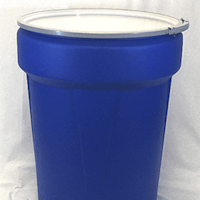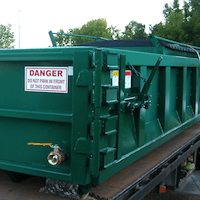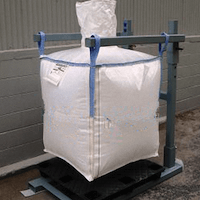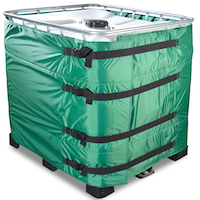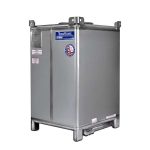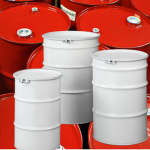Material Characteristics of High Density Polyethylene | HDPE
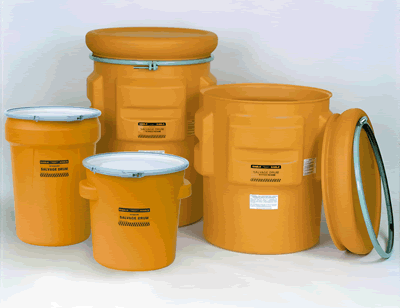 The following serves to outline the benefits of high density polyethylene (HDPE). The process and the properties of the materials make all the difference, however, the proof is most evident in the quality of the end product.
The following serves to outline the benefits of high density polyethylene (HDPE). The process and the properties of the materials make all the difference, however, the proof is most evident in the quality of the end product.
The Process – In molding, the plastic is melted using moderate heat and low pressure to gently melt, mix and blend the material to ensure that no strength or resilience are lost before it is molded into the product.
The Material – HDPE is a very high molecular weight material, designed for an optimum balance of density, molecular weight and molecular weight distribution, demonstrating maximum property advantages for large products that require high impact resistance. We use only the highest quality virgin resins to produce our HDPE products.
Environmental Stress Crack Resistance (ESCR) – Large plastic products require a polyethylene resin which is very durable and highly resistant to cracking in the presence of certain chemicals or environmental conditions. HDPE resins exhibit excellent ESCR, because of their high molecular weight and significantly outperform like products made of LDPE resins.
Impact Strength – Polyethylene exhibits very good resistance to failure due to impact and the high molecular weight of HDPE resins enhance this property, especially at low temperatures. Products made with HDPE can withstand very abusive treatment, even at temperatures below freezing point.
Flexural Modulus – measures stiffness, an important property for any product during handling or usage where it has to maintain its shape without deflecting and distorting under the weight of its contents or from the abuses of its operation. HDPE delivers both stiffness and toughness by increasing both density and molecular weight. Our resin has a flexural modulus of 175,000 psi.
Chemical Resistance – The high molecular weight and high impact resistance of HDPE makes it extremely resistant to the effects of a wide range of chemicals: most acids, alkalis, farm chemicals, industrial cleaning compounds and most other chemical compounds.
Abrasion Resistance – helps prevent scuffing and gouging of plastic products during usage and handling. Also determined by molecular weight, abrasion resistance is enhanced by the high molecular weight of HDPE resin.
Tensile Strength – like stiffness, is a function of density and determines how thick a product wall must be in order to hold or resist a given load or pressure. HDPE offers a significant increase in tensile strength. without sacrificing the physical properties of a specific application.
Ultraviolet Protection – all plastic products made for use outdoors must be protected from the degradation effects of sunlight by the addition of UV stabilizers. The blending process of the molded HDPE resin is a far superior method of mixing these stabilizers throughout the product.
Design – In addition to the above noted physical attributes of the HDPE process and materials, the design attributes of Our products offer durability, long life and attractive appearance. Our HDPE mold process increase the aesthetic and functional appeal of the product, both outdoor or indoors.
Color – Yellow, Black (and many others)


 P.O. Box 8149
P.O. Box 8149